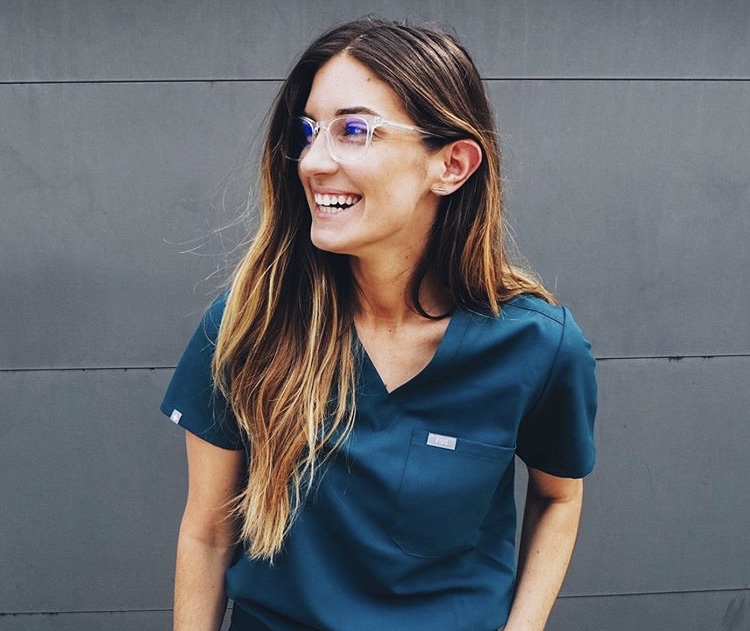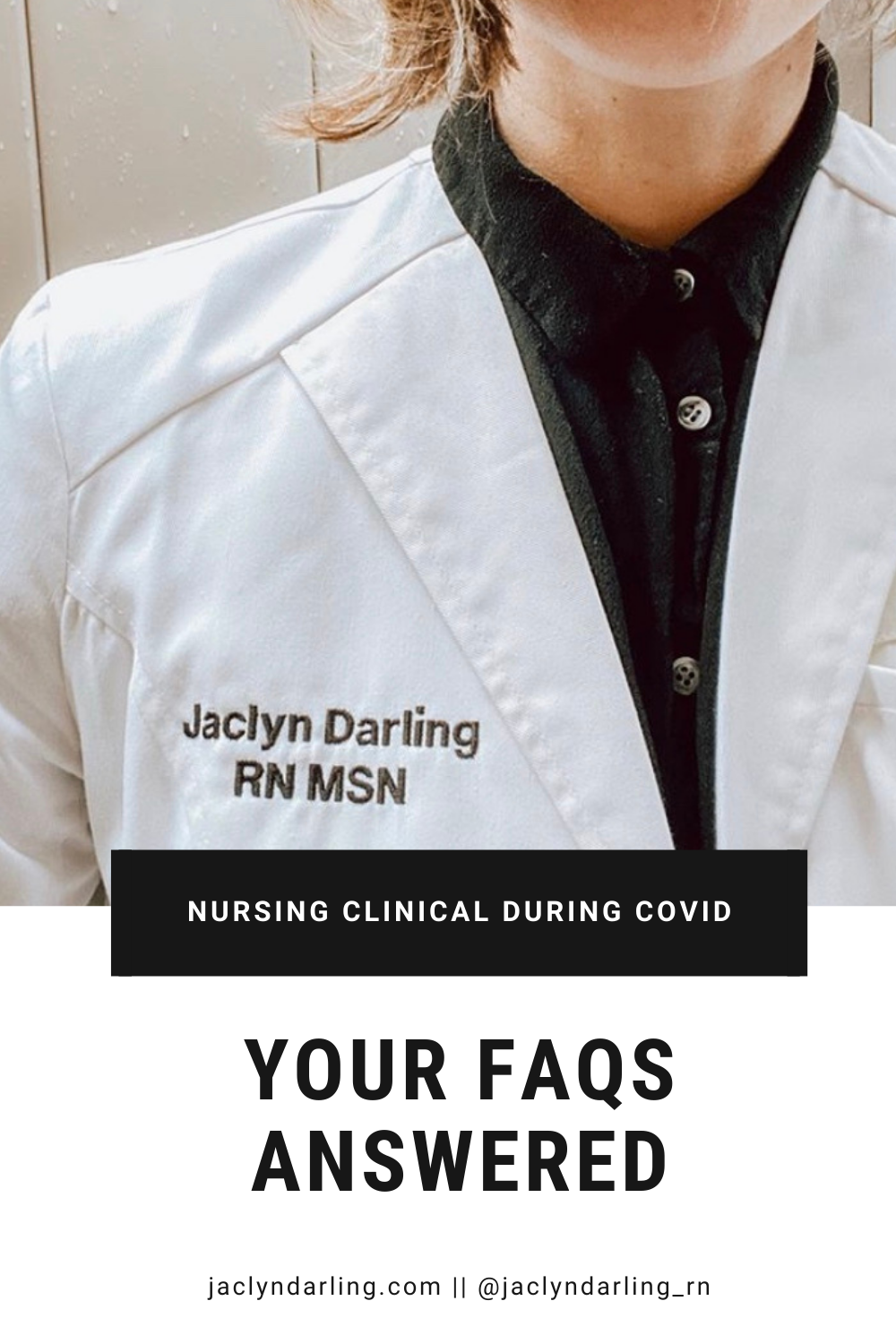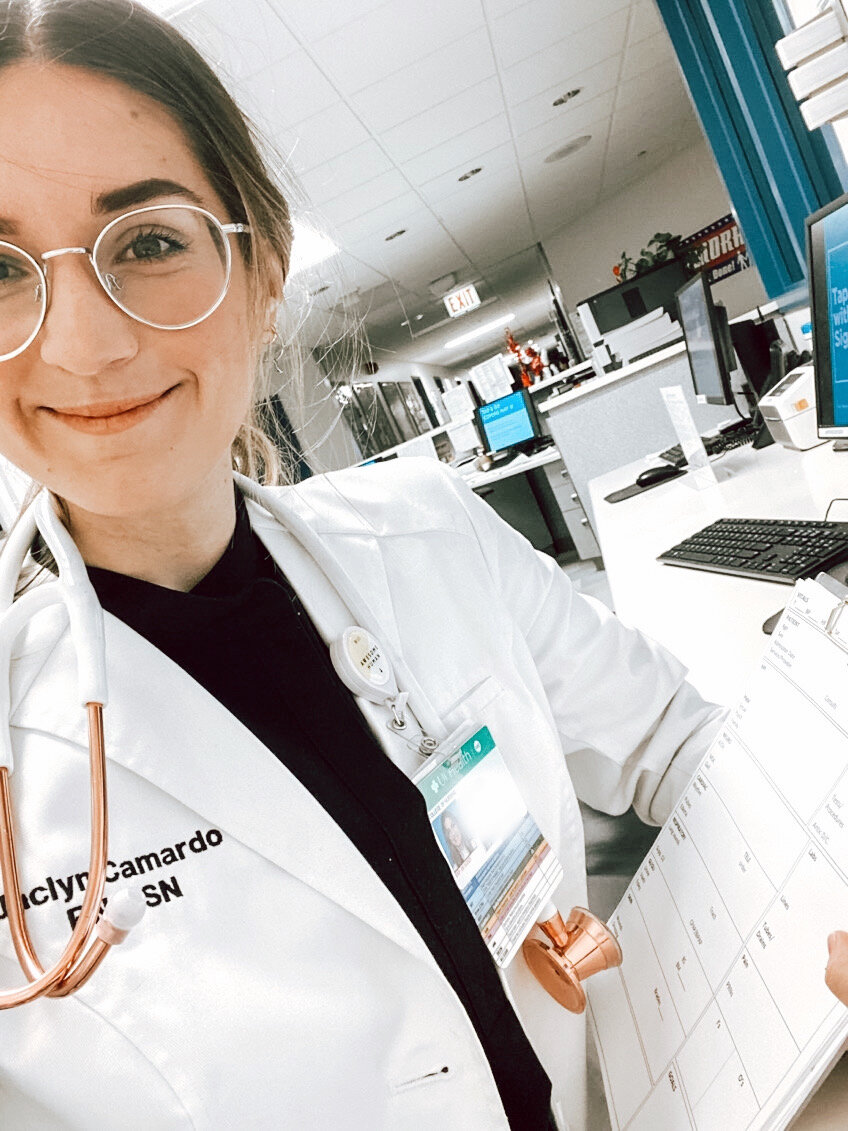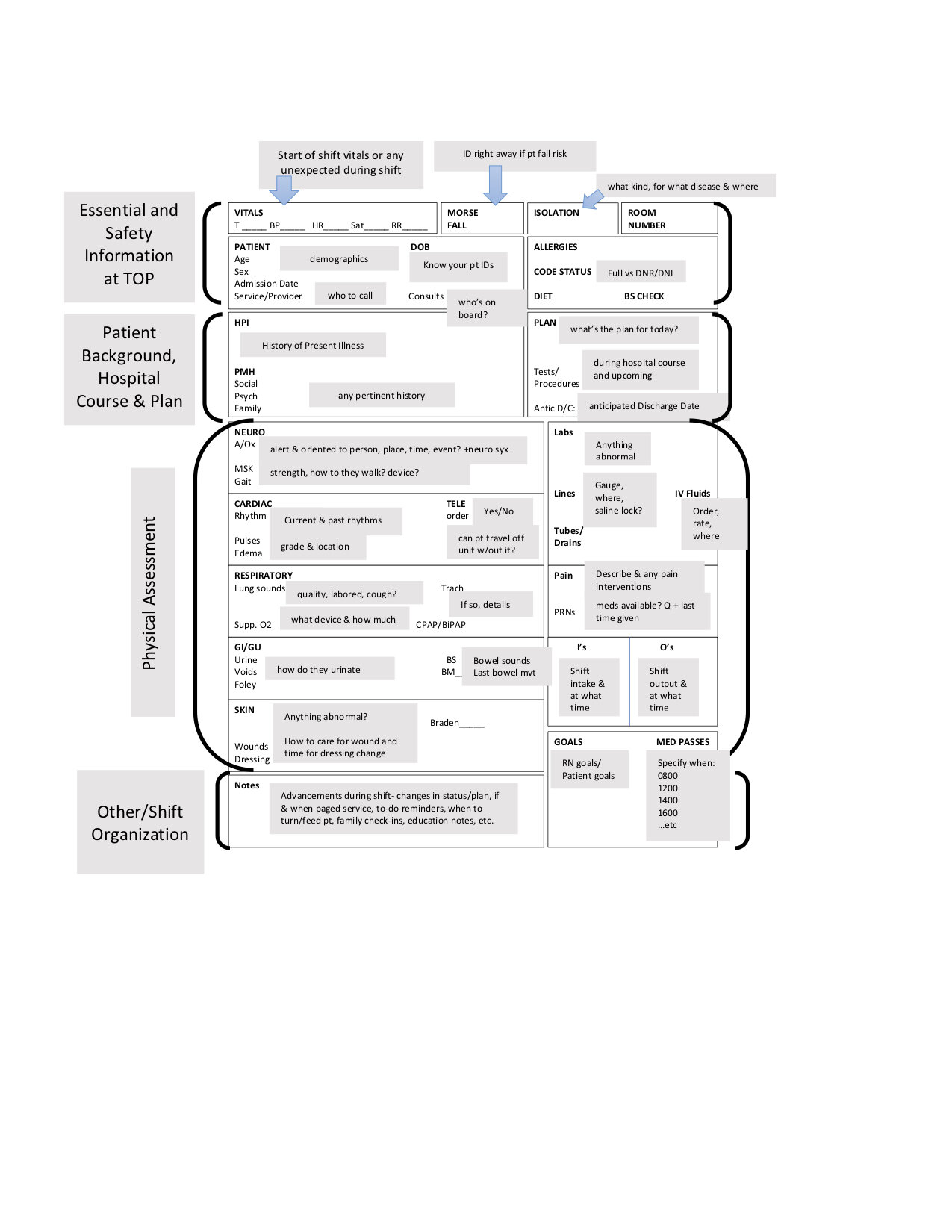From RN to APRN - How Much Experience Do I Need?
/“How much experience do I need before becoming an Advanced Practice Registered Nurse (APRN)?”
If you ask 10 different APRNs you will likely get 10 different answers.
As a nursing instructor and Family Nurse Practitioner (FNP) student myself, this is probably the most frequently asked question I get.
Unlike the MD or PA route, nursing has no standardized way for continuing education. There is no data. No scientifically proven route that supports better patient outcomes. So, that means most of us have to rely on the advice, experiences and personal opinions of others. Oh, and random blog posts like this one.
Let me tell you.
People get fired up about this discussion.
REAL fired up!
alphabet soup
Before we jump in, let’s do a quick refresh on what exactly Advanced Practice Registered Nurses (APRNs) and Nurse Practitioners (NPs) actually are.
APRNs need at least a master’s degree and include certified nurse-midwives (CNM), certified registered nurse anesthetists (CRNA), clinical nurse specialists (CNS) and nurse practitioners.
Nurse Practitioners (NPs) specialize in a population focus (pediatrics, family, acute care, psych, adult/gerontology, etc) and work to diagnose and treat health conditions. They emphasis disease prevention, health promotion and health management.
In other words, every NP is an APRN but not every APRN is an NP.
the great debate
Still with me? If so great! You are probably thinking, “yep, still want to be an APRN over here. Sooo how much experience do I need? Get to the point already!”
I wish I could make this easy for you, but unfortunately there is no one right answer.
Seasoned RNs/APRNs/NPs will tell you at least three to five years at the bedside are needed before you go back. That experience is crucial, necessary and should never ever be overlooked.
New grads rushing back to school without experience has actually left many bedside nurses feeling threatened and/or devalued, to the point where they may bully you into questioning your path. Why hospitals (and our society) fails to value the bedside nurse and why does every young RN want to leave and become an APRN is a whole other post…so let’s stay focused.
On the other side you have direct-entry APRN programs that push no experience necessary. Nursing students heading into their last semester already applying for APRN specialty programs before they take the NCLEX. If you know you want to be a NP, why wait? The role of the APRN is completely different from the RN anyways, so get in and get out.
While both sides have reasonable points, a valid question is raised here. How can you be an “advanced practice” nurse without really having “practice”?
My Path to NP
Here’s a quick recap of my healthcare experiences that led me to purse a career as a FNP.
BS in Physiology and Neurobiology from the University of Connecticut. During these years I volunteered in an ER and worked in research over the summer.
2 years of clinical research at the Shirley Ryan Ability Lab (previously the Rehabilitation Institute of Chicago). This is where I was first exposed to NPs and found my passion for community health & primary care.
Started a 2.5 year grad-entry MSN Nursing program. Continued to work in clinical research through most of it.
Worked almost 2 years at the bedside on neuro and cardiology inpatient units.
Started my Doctorate of Nursing Practice (DNP), FNP program.
Right now I have two more years left of the program. I teach as a clinical nursing instructor and work as a community health RN. So, counting my years of clinical research before and during my nursing training, it will be over a decade in healthcare by the time I see patients as a provider.
to learn more on why I decided on the FNP / DNP track, visit my post here.
As someone who heavily considered a direct NP program myself, looking back I am exceptionally grateful for the two years I had to train at the bedside before going back. Truly, those years were invaluable. Which leads me to my general answer to this question.
My advice? Give Yourself Time
Whether you decide on two years like I did or want more - I really advise you to take at least a year or two off. Give yourself time to build the confidence and critical thinking skills you will need as an APRN. You will learn how to educate, advocate and care for your patients on levels you probably did not know existed.
being a new grad sucks
This is my next reason you should take at least a year before going back.
95% of what you will learn as a nurse does not happen in school, but on your first job as a new grad. That first year of being a new RN is incredibly demanding, stressful and exhausting. For me, it was far more demanding than nursing school. I cannot imagine how I would have handled starting another program on top of that adjustment.
Choosing a population specialty
Next, even though you may think you know your population focus (pediatric NP, CRNA, FNP, Acute Care NP, midwife, etc)...you also may not really know for sure.
My gut instinct of going the FNP route was spot-on, BUT this isn’t always the case. I know plenty of nurses that thought acute care was their path but after experiencing it at the bedside realized it was too emotionally taxing for them. Or vice versa, some nurses think primary care is their calling but fall in love with the intensity of the hospital and end up finding primary care boring AF. Some are dead-set on midwifery, but later find out they can serve women on a larger scale in community health or general women’s health. And so on, you get the idea.
Maybe you are like me and your gut feeling is right. Maybe it’s not and you change your mind. Either way is OKAY! We should evolve with our experiences. Just be sure to give yourself time so you don’t waste your time, money or sanity pursuing a speciality that is not true to you.
enjoy some time off
Adjusting from being a student to joining the work force is an adjacent that has it’s perks. Make some money and for the love of god, give yourself a break. See your friends. Travel. Have a freaking life! Your career and advanced education will be waiting for you, even if it’s just a year later.
exceptions to every rule
With all this being said, I do believe direct admission programs and going straight from RN to NP can work for some. It really depends on you, the life experience you bring to the field, the program you apply to and of course your motivation, personal readiness and dedication. I am sure there are some brilliant, world changing providers that had little to no RN experience and some nurses that worked at the beside for a decade that aren’t quite as sharp in the APRN role. But, in general I do think there are major benefits to taking your time and getting experience.
I’ll leave you with this: think about how long you have left in your career. Maybe it’s fifteen years or maybe it’s fifty! Why not wait at least a year or two to regroup, hone your skills and be sure you are choosing the right path.
Regardless of when you go back to school, continuing education is ALWAYS an admirable thing to do for yourself and the nursing profession. Props to you for being invested enough in this question to get through this post.
If you are thinking about pursuing a career in nursing, as an NP or FNP I hope this helps! Please reach out with any questions, thoughts, or ideas. Drop me a line in the comments or find me on social media. I’d love to hear from you!
















































































